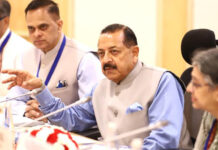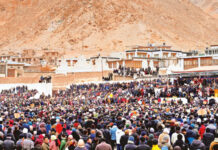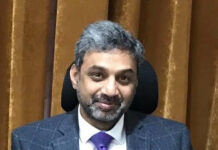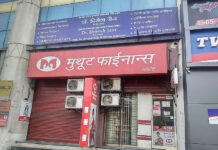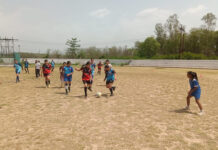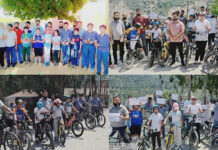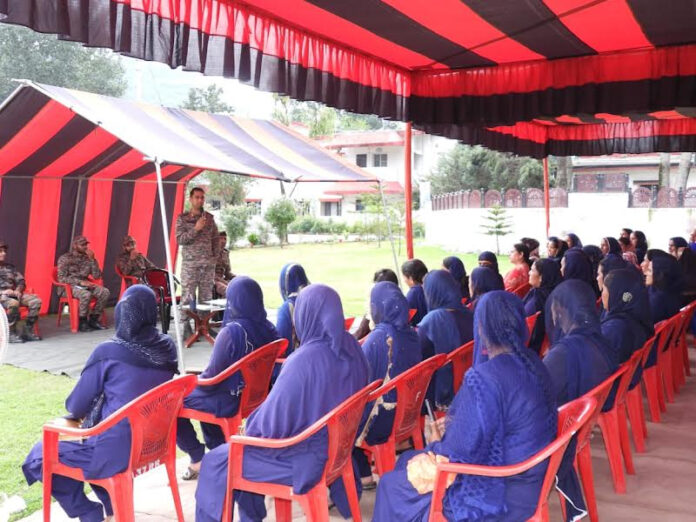DOGRA HERALD BUREAU
Poonch, Aug 5
Accredited Social Health Activists (ASHA) are female health workers trained to support India’s public health system within their communities. These dedicated women play a crucial role in facilitating access to healthcare, medicine, and sanitation services, especially among marginalized sections of society. ASHA workers also focus on raising awareness about health issues, contributing significantly to public health improvements in rural and underserved areas.
In a commendable effort to support these frontline health workers, the Indian Army recently organized an interaction session with ASHA workers at Mendhar, Poonch District. This initiative is part of the Army’s broader endeavor to assist in the implementation of government policies on healthcare, hygiene, and sanitation for underprivileged communities residing in the remote areas south of the Pir Panjal range.
The primary aim of the interaction was to understand the impact of various programs facilitated by ASHA workers on public health distribution in these remote regions. The session provided a platform for ASHA workers to share their experiences, motivations, and the challenges they face in their day-to-day activities. By gathering these insights, the Indian Army aims to identify and address the roadblocks and hurdles that ASHA workers encounter, thereby enhancing the effectiveness of health programs in these areas.
During the interaction, the Indian Army expressed its commitment to providing all possible assistance to ASHA workers. This support is intended to ensure the successful execution of government policies in healthcare, hygiene, and sanitation, ultimately leading to a more robust healthcare system in these remote communities. The Army’s assistance will include logistical support, training, and resources necessary for ASHA workers to perform their duties more effectively.
The ASHA workers, in turn, voiced their appreciation for the Army’s support and highlighted the positive changes brought about by their collaborative efforts. They emphasized the importance of continued support and resources to overcome the persistent challenges in delivering healthcare services in these remote areas.
This interaction is a testament to the Indian Army’s dedication to improving public health infrastructure and supporting community health workers. By working closely with ASHA workers, the Army aims to enhance the overall health and well-being of the communities in Poonch District, ensuring that even the most remote and underserved populations have access to essential healthcare services.


